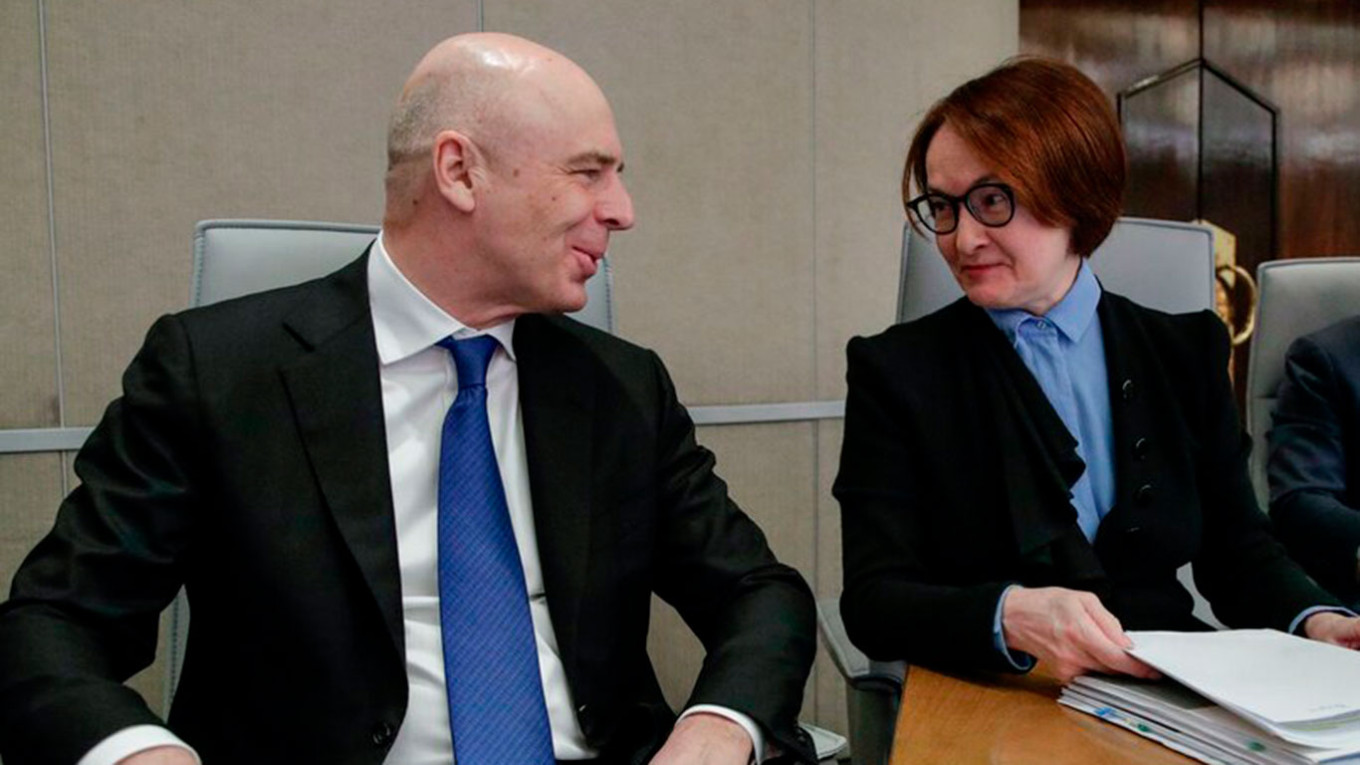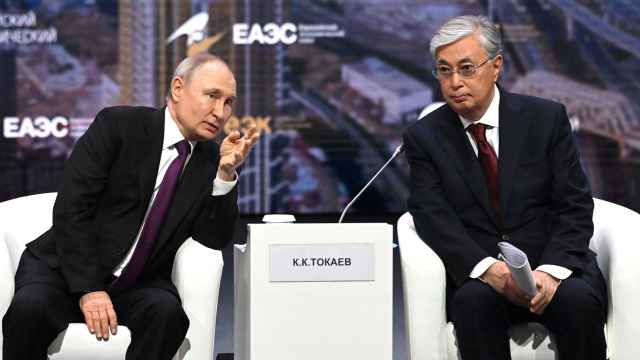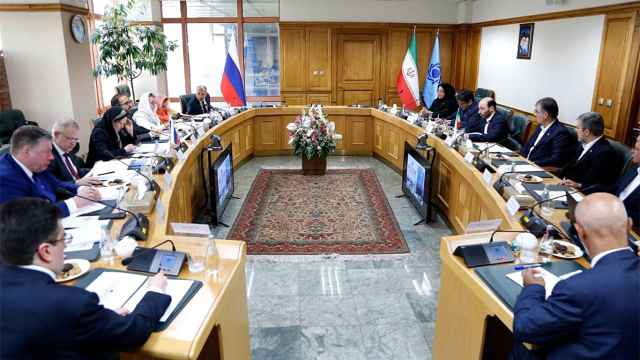Russia is increasing foreign-currency sales from the National Wealth Fund to address a growing budget deficit after oil and gas revenues plunged to their lowest level since January 2023.
Russia’s Central Bank, acting on Finance Ministry instructions, will sell yuan on the Moscow Exchange at a rate of 9.8 billion rubles ($124 million) per day from July 7 to Aug. 6, an increase of 2.5 billion rubles ($31 million) per day compared to June.
This marks the second time in 2025 that the Kremlin has dipped into the NWF a sovereign reserve built largely from oil and gas revenues, to manage fiscal shortfalls.
But the fund's remaining liquidity is shrinking fast.
At the start of July, the NWF’s liquid assets stood at 4.1 trillion rubles ($52.6 billion), including 1.3 trillion rubles in yuan and gold acquired during last year’s oil-price windfall.
Analysts at MMI, a Telegram channel that analyzes Russian and global microstatistics, estimate that, at the current rate of spending, those reserves could be depleted within 14 months.
Should oil prices drop to $50 due to an OPEC+ output increase, depletion could come even sooner, potentially forcing spending cuts and triggering a recession, the analysts warned.
Russia's flagship Urals crude averaged just $52.08 per barrel in May and $59.84 in June, falling below the fiscal rule’s benchmark price of $60.
That threshold determines how much surplus energy revenue the government can save or spend. The fiscal strain comes as the ruble has strengthened slightly, further cutting into the value of foreign-currency reserves when converted to domestic spending.
Ilya Sokolov, head of the budget policy lab at the Russian Presidential Academy of National Economy and Public Administration (RANEPA), warned that if current trends persist, the fund could be empty by mid-2026.
“Failure to meet the 2025 profit-tax target may pose as serious a risk to the budget as low energy revenues,” Sokolov added.
Russia’s once-vast rainy-day fund has steadily eroded since the full-scale invasion of Ukraine in early 2022. At its peak, the NWF’s liquid assets totaled $113.5 billion, roughly 7.3% of GDP. Today, they stand at less than half that — $52.6 billion, or 1.7% of GDP.
Though the Finance Ministry values the entire fund at 13.09 trillion rubles ($166 billion), roughly two-thirds has already been spent on state bank support, purchases of shares in Sberbank and Aeroflot, Ukrainian bonds acquired before the war and long-term infrastructure projects that officials have labeled “self-financing.”
With fewer resources available, the government is quietly weighing spending cuts for 2026, Bloomberg reported in May.
Officials are also considering revisions to the fiscal rule, possibly lowering the benchmark oil price for budgeting to $50 a barrel starting in 2026.
If adopted, the change would force the Kremlin to cut expenditures by 1.5 to 1.6 trillion rubles ($19 to $20 billion), or about 0.7% of GDP, according to Natalia Orlova, chief economist at Alfa-Bank, Russia’s largest private lender.
A Message from The Moscow Times:
Dear readers,
We are facing unprecedented challenges. Russia's Prosecutor General's Office has designated The Moscow Times as an "undesirable" organization, criminalizing our work and putting our staff at risk of prosecution. This follows our earlier unjust labeling as a "foreign agent."
These actions are direct attempts to silence independent journalism in Russia. The authorities claim our work "discredits the decisions of the Russian leadership." We see things differently: we strive to provide accurate, unbiased reporting on Russia.
We, the journalists of The Moscow Times, refuse to be silenced. But to continue our work, we need your help.
Your support, no matter how small, makes a world of difference. If you can, please support us monthly starting from just $2. It's quick to set up, and every contribution makes a significant impact.
By supporting The Moscow Times, you're defending open, independent journalism in the face of repression. Thank you for standing with us.
Remind me later.






